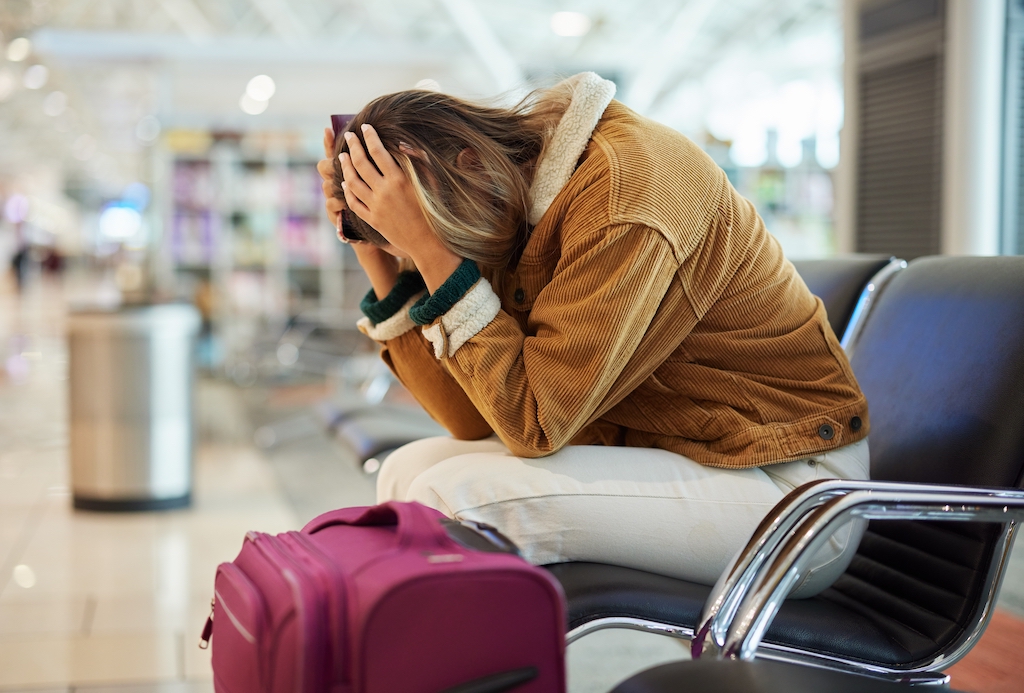 Photo Credit: Yuri A/ Shutterstock
Photo Credit: Yuri A/ Shutterstock
The Department of Transportation levied a substantial fine of $140 million against Southwest Airlines on Monday for the havoc wreaked during last winter’s travel disruptions affecting around two million passengers during the holiday season. From the total amount, the airline will pay $35 million directly to the federal government, while receiving credit for the remaining sum due to the issuance of frequent-flier points as an apology to affected customers and for committing to offer tens of millions of dollars in vouchers for future delays and cancellations.
This fine, about 30 times larger than the previous highest penalty of $4.5 million imposed on Air Canada in 2021, emphasizes the government’s unwavering stance on holding airlines accountable for consumer protection violations. Transportation Secretary Pete Buttigieg highlighted this action as setting a new precedent, signaling a clear message that airlines must prioritize passenger care, declaring, “Taking care of passengers is not just the right thing to do — it’s required, and this penalty should put all airlines on notice to take every step possible to ensure that a meltdown like this never happens again.”
The Department outlined Southwest’s failure to comply with federal law by neglecting prompt customer service, flight notifications, and refunds, which led to the significant penalty. While Southwest disputed the government’s findings, it agreed to the penalty to avoid further legal proceedings.
In response, Southwest’s CEO, Bob Jordan, expressed gratitude for the settlement and highlighted the company’s efforts to enhance customer experience by making substantial investments and initiatives aimed at operational improvement since the incident last winter. As part of the resolution, the Department mandated Southwest to allocate at least $90 million in vouchers to passengers experiencing severe disruptions due to the airline’s fault in the future.
The extensive fines and commitments stem from Southwest’s debacle nearly a year ago, triggered by severe weather, resulting in approximately 17,000 cancellations, inconveniencing passengers and incurring significant financial losses for the airline. The aftermath led to public outcry, a Senate hearing, and a comprehensive analysis by Southwest, revealing three primary issues: unpreparedness for severe weather, inefficient rescheduling capabilities, and communication gaps among teams.
To rectify these problems, Southwest made substantial investments in equipment, infrastructure, operational restructuring, and technological enhancements. Consequently, the airline has shown improvement, matching industry standards in flight punctuality and reducing cancellations, translating into positive financial outcomes with record revenues during Thanksgiving and better-than-expected ticket sales in recent weeks.
Simultaneously, the Department concluded its inquiry into whether Southwest’s flight schedules during the holidays were unrealistic, closing the investigation without reaching a final verdict but committing to monitoring such practices across the airline industry.


















